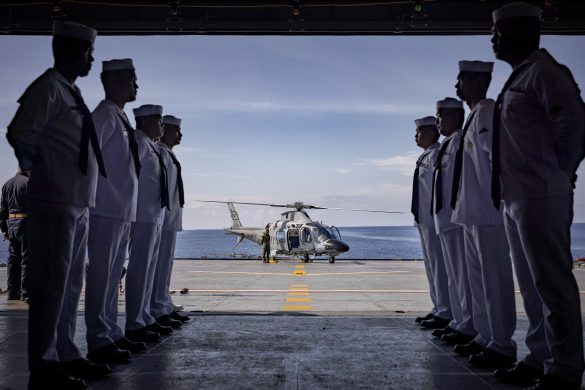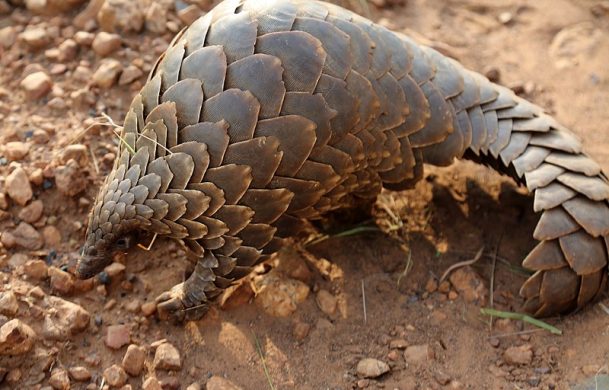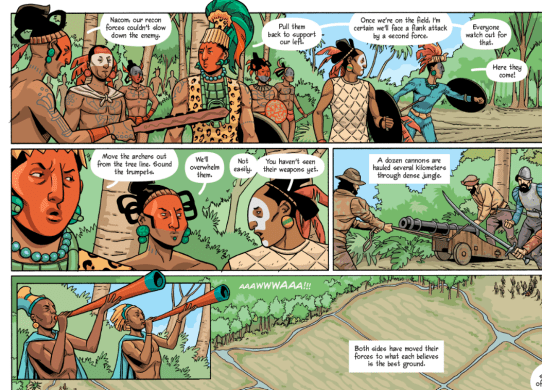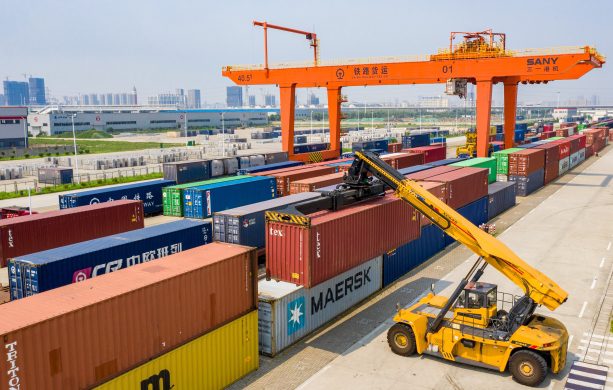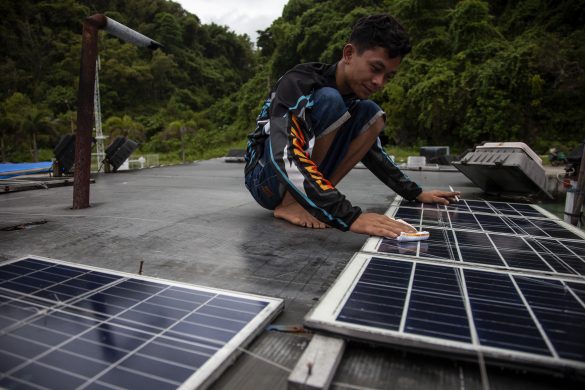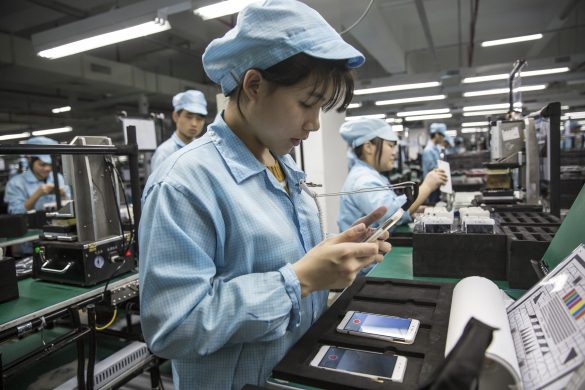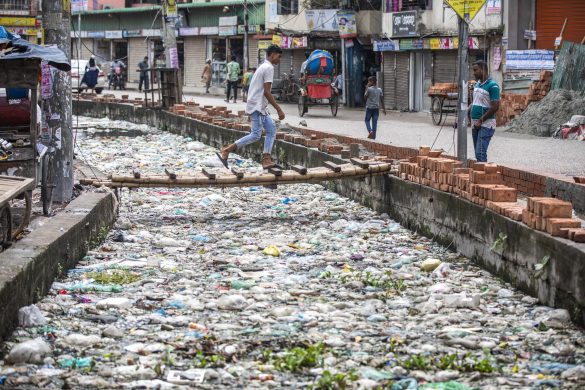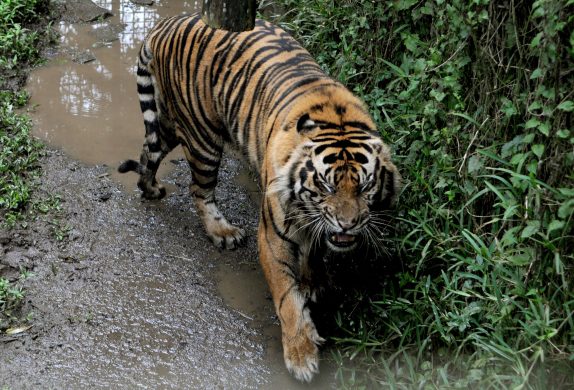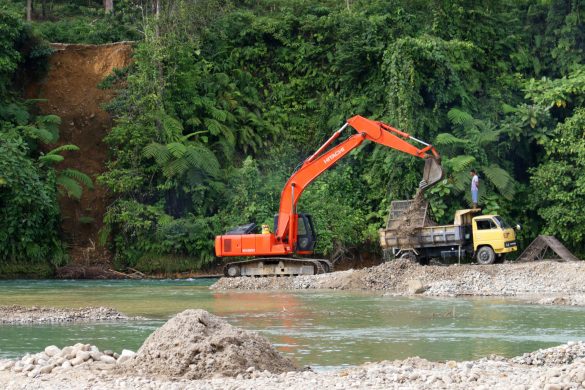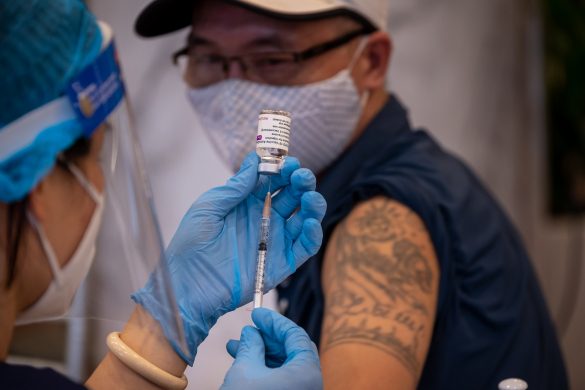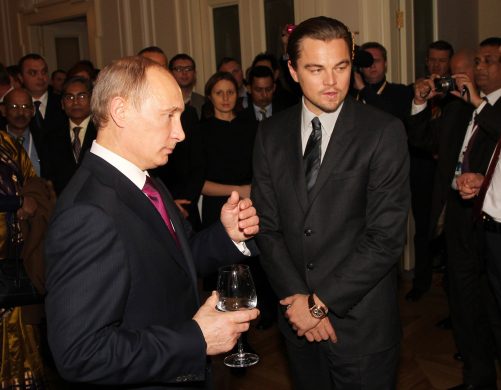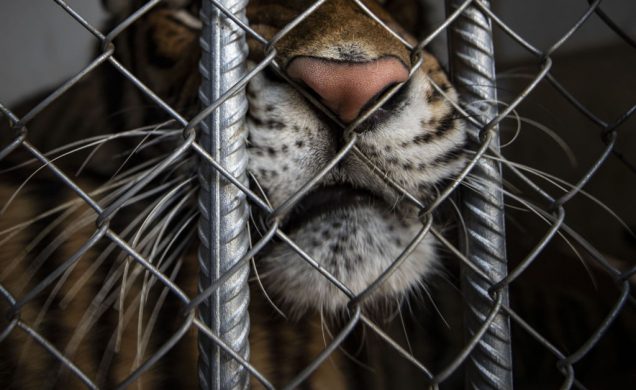On Tuesday the four countries that share the lower reaches of the mighty Mekong River will announce whether they agree to the construction of a controversial dam, a decision that could forever alter the character and natural diversity of one of the world’s longest and most bountiful rivers. The proposed dam, known as the Xayaburi for the province in Laos where it is located, is a test case for a 1995 agreement signed by Laos, Thailand, Cambodia and Vietnam to share the river’s resources. The agreement, which called for a process of consultation on actions affecting the river, was seen as a major step toward greater cooperation for countries that a few decades ago were often at odds. Ecologists and rivers experts say an environmental impact assessment conducted last year by the Lao government was patchy (uensartet/lemfældig) at best. They warn that the livelihoods of 60 million people in the lower Mekong region are at risk if the Xayaburi dam goes ahead without proper risk assessment. Activists say scores of fish species face extinction, fish stocks (bestande) will dwindle as migratory routes will be blocked, and swathes of rice-rich land could be deprived of fertile silt (slam) carried downstream by Southeast Asia’s longest waterway. Entire villages would be forced to relocate. Laos hopes to use revenue from Xayaburi and other dams to drive economic growth in what remains one of the world’s least-developed countries, while Thailand is expected to be the main buyer. In February, the Laos government said Xayaburi was an “environmentally friendly hydroelectric project”. Vietnam, by contrast, has made clear it fears the dam could hurt its famous Mekong River delta, where residents rely heavily on its waters for survival. A Thai government spokesman confirmed the country’s energy ministry is interested in buying power from Xayaburi but said officials want more information on environmental impacts. It was not immediately possible to reach a spokesman for Cambodia. Kilde: www.worldbank.org
Beslutning om kæmpedæmning over Mekong afhænger af Vietnam


